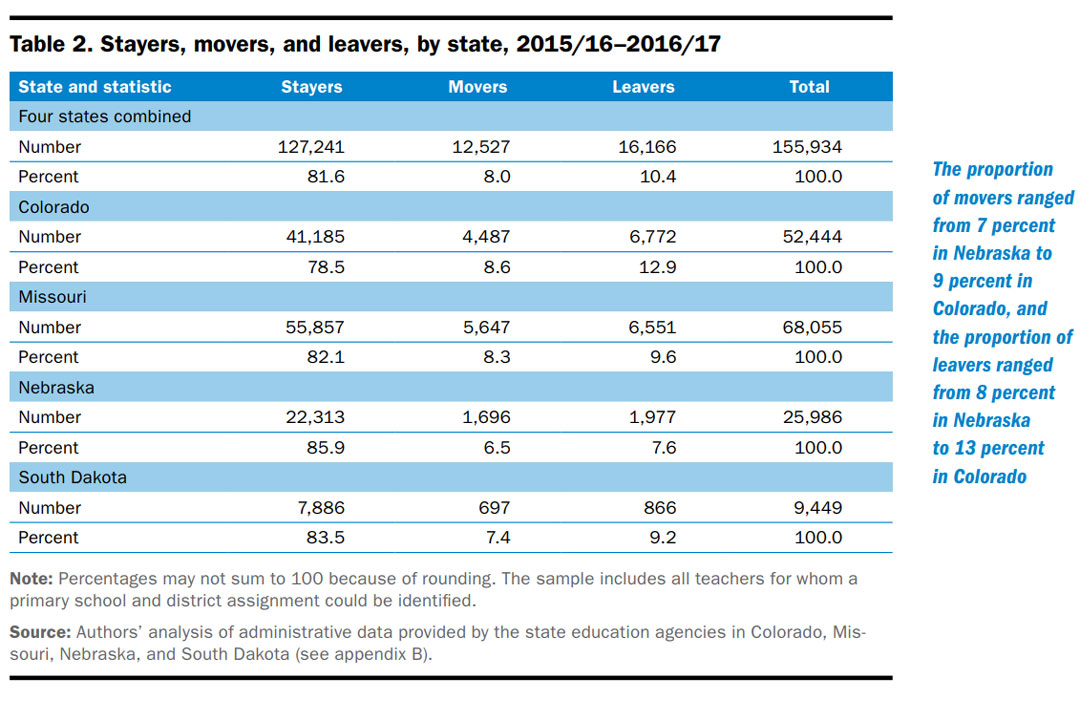Members of the Regional Education Laboratory (REL) Central’s College and Career Readiness Research Alliance (CCR RA), including staff from the Kansas State Department of Education (KSDE) and Missouri Department of Elementary and Secondary Education (MO DESE), have been working together to support educators across the REL Central region as they work to ensure high school students are prepared to enter the workforce or enroll in postsecondary education or training after graduation. Recently, CCR RA members have shared several resources and projects focused on student success in mathematics as a critical factor for college and career readiness. The alliance also supports a project to revise a model that gauges the postsecondary effectiveness of school districts.
A resource developed under CCR RA, Using Questioning Strategies to Support Struggling Math Students, has become one of REL Central’s most viewed videos on YouTube, with 1,641 views. This webinar, designed for teachers working with struggling math students, shares the questioning strategies outlined in the Assisting Students Struggling with Mathematics: Response to Intervention (RtI) for Elementary and Middle Schools practice guide.
In addition to this webinar, two current CCR RA applied research studies aim to offer information for education leaders to improve middle school and high school student outcomes in mathematics. One study, What Foundational Skills Matter for Algebra I Success?, could potentially help educators distinguish between students who are ready to enroll in Algebra I in middle school and those who need additional instruction or support prior to enrolling.
“We hope that the results of this study will provide information they can use to support all students to take Algebra I at a time when they are prepared to be successful,” said project lead and REL Central staff member Mary Klute.
Klute explained that the project addresses an immediate need of educators to determine which students are ready to succeed in Algebra I at earlier ages. “It has become more common for students to take Algebra I in eighth grade rather than in ninth,” said Klute. “These students skip the general grade 8 mathematics course, which might mean that they may miss important opportunities to build foundational knowledge and skills needed for success in Algebra I. Success in Algebra I is important because students who struggle are less likely to enroll in more advanced mathematics courses.”
For the second CCR RA study, Does Middle School Algebra I Relate to Teacher Qualifications?, researchers seek to better understand which teacher qualifications (e.g., certification type, college course work, and direct assessments of mathematical knowledge), if any, are associated with student achievement in Algebra I at the middle school level.
“Results from this study could be used to identify professional development opportunities for middle school Algebra I teachers that are associated with the success of their students,” said project co-lead and REL Central staff member Josh Stewart.
In addition, CCR RA members are supporting KSDE in reviewing and revising its new statistical model of school district postsecondary effectiveness. Specifically, KSDE’s model, which will be used for district accountability, allows users to examine the proportion of students who have enrolled in postsecondary institutions or have received a professional certification within two years following their expected high school graduation dates. This model will statistically control for variables, such as student demographics, believed to be outside the control of school districts, and thus it will provide a more precise estimate of district postsecondary effectiveness.
Through the CCR RA, REL Central is helping KSDE conduct a technical review of its model and identify possible model variations to help ensure the highest possible rigor in the final version. In particular, the technical review will examine if the model is appropriately structured relative to how KSDE plans to use it.
REL Central is excited about the work coming out of the CCR RA and its continued support within our region. For more information about REL Central partnerships and alliances, visit our Partnerships page.





